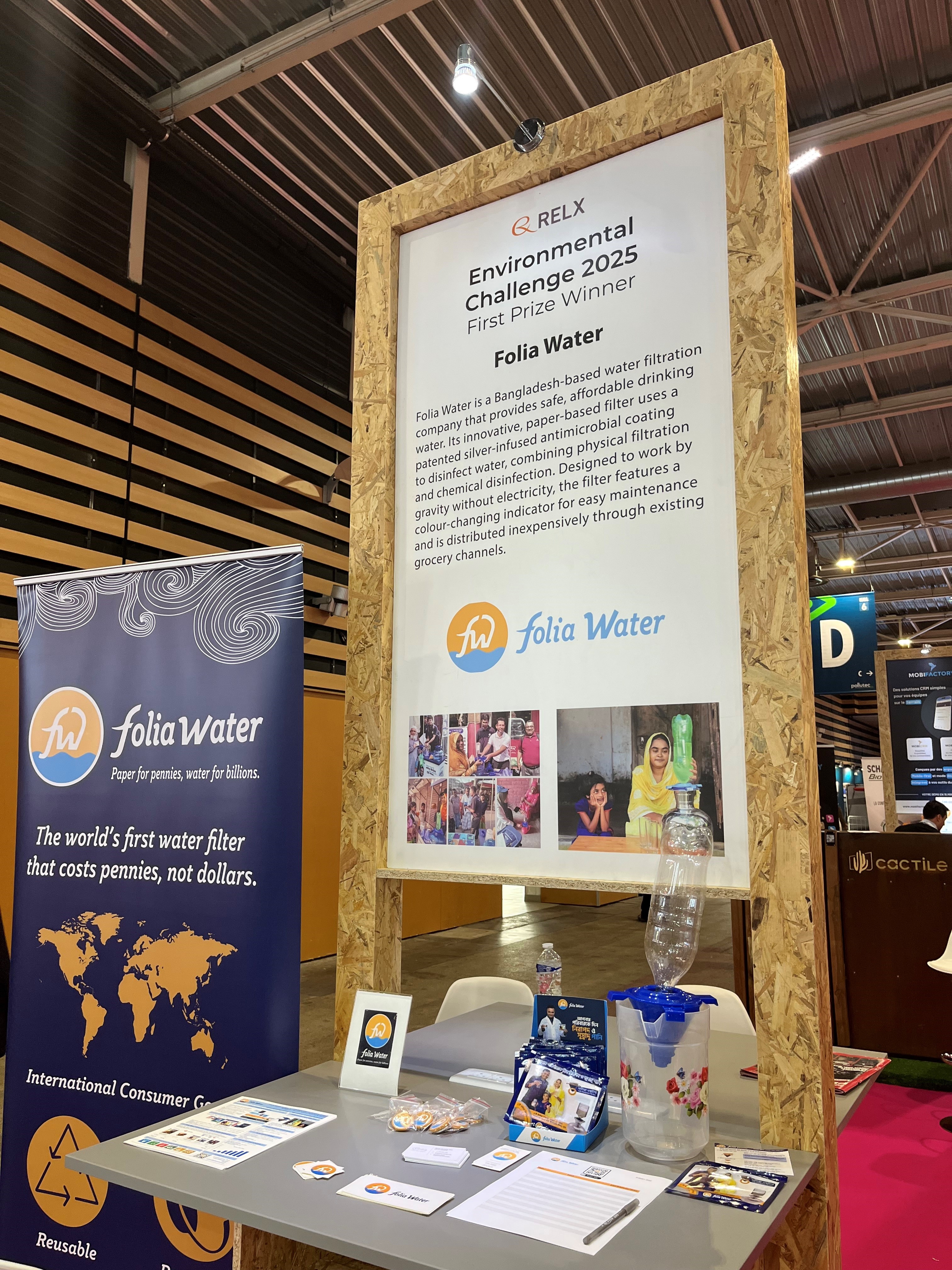International Journal of Food Microbiology, Volume 442, 2 November 2025
Teaching and Teacher Education, Volume 166, November 2025
Learn about the history of the ADAM Program and get a behind the scenes look at the new Interactive Missing Children Dashboard. This article demonstrates the power of the ADAM Program in locating missing children, relating to SDG 16, Peace, Justice and Strong Institutions. The ADAM Program is the result of a 25 year partnership between LexisNexis Risk Solutions and the National Center for Missing & Exploited Children (NCMEC).
Journal of Environmental Chemical Engineering, Volume 13, October 2025
Neuroscience, Volume 585, 15 October 2025
Chemical Engineering Journal, Volume 522, 15 October 2025

